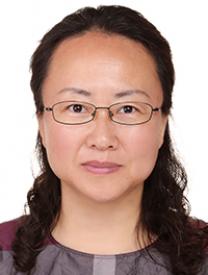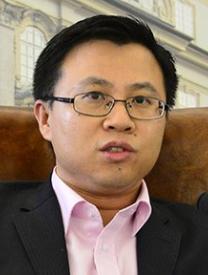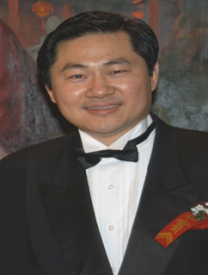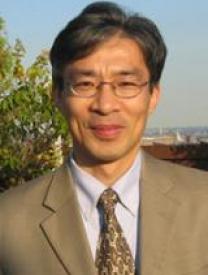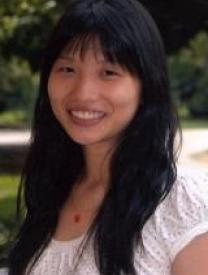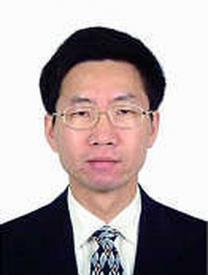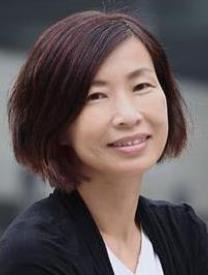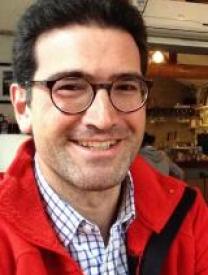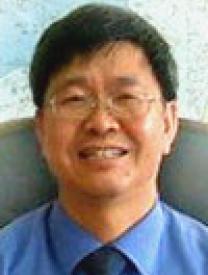Cyber HIV/AIDS Civil Space and the Role of 'Tongzhi' Grass-root Organizations in China
Prof. CAO Jin, Fudan University School of Journalism, Fulbright scholar at Harvard-Yenching Institute
This talk will focus on the production of queer cyberspace and the “Tongzhi” grassroots organizations which started to emerge at the beginning of twenty-first century as an alternative form of social…
Is China trying to push the U.S. out of East Asia?
Wang Dong, Associate Professor of International Relations, Peking University
Is China trying to push the United States out of East Asia and build a China-dominated regional order? The answer to this question will to a great extent determine whether or not the future trajectory of the…
Chinese Citizen or Global Citizen?
Cosmopolitanism and Nationalism among Chinese Students Enrolled in a Canadian Curriculum High School in Beijing
Natalie Young, Ph.D student, Department of Sociology
Although most social scientists recognize that the nation-state continues to regulate the beliefs, actions, and behaviors of its citizens, others suggest that increased transnational mobility and cross-cultural…
China Outbound Business: Opportunities and Challenges
Dr. Wang Huiyao, Founder and President, Center for China & Globalization
With China’s newly launched "One Belt and one Road" strategic policy approach and the upcoming 13th Five-Year Planning period, the globalization of Chinese enterprises will have rapid growth. What types of…
Bending the Arc of Chinese History: The Cultural Revolution’s Unexpected Legacy
Andrew Walder, Denise O'Leary and Kent Thiry Professor, Stanford University; Guobin Yang, Associate Professor of Sociology and Communication, University of Pennsylvania
In the decades since its end, the Cultural Revolution has never been forgotten in China. But it is remembered selectively, and what is remembered depends on who does the remembering and when and is highly contested.…
Atomized Incorporation: State-Labor Relations in Contemporary China
Sungmin Rho, CSCC postdoctoral fellow
The Chinese regime has experienced an increasing number of labor protests that involve migrant workers since the mid-2000s. This talk addresses why the Chinese regime has growingly become tolerant of the…
U.S., China, and East Asian Regionalism: Is the Pacific Wide Enough?
Shiping Tang, Professor at the School of International Relations and Public Affairs, Fudan University, Shanghai, China
A gap within the existing literature on regionalism is that it has yet to bring together intra- and inter- regional bargaining. By this, we mean that regional initiatives operate in the shadow of extra-regional…
The Power of the Power: Censorship in Mainland China and Hong Kong
Rose Luqiu Luwei (闾丘露薇), Journalist & Former Executive News Editor, Phoenix TV
The Chinese government is constantly releasing new regulations to censor media content. In Mainland China, the Party strengthens its control on media agenda-setting and makes sure that the media remembers its…
What Direction for Legal Reform under Xi Jinping?
Carl F. Minzner, Professor of Law, Fordham University Law School; Neysun A. Mahboubi, Research Scholar, Center for the Study of Contemporary China, and Lecturer-in-Law, University of Pennsylvania; Moderated by: Jacques deLisle, Stephen A. Cozen Professor of Law & Professor of Political Science, University of Pennsylvania
After the “turn against law” that many perceived under the administration of Hu Jintao, the Chinese Party-state under Xi Jinping has appeared to place a new emphasis on formal law and legal institutions, to address…
The South China Sea Dispute in the Philippines v. PRC Arbitration: Taiwan’s Concern and Response
Yann-Huei Song, Academia Sinica
The arbitration tribunal in the Philippines vs. PRC dispute over the South China Sea is likely to issue its final award later this year. The issues before the tribunal include China’s claim to historic rights, the 9…

